Black History 3-Pack
3CDs
Includes:
Black Liberation
The widespread protests in the wake of the murders of George Floyd and Breonna Taylor marked a new chapter in the struggle for Black liberation. What would constitute Black liberation? Keeanga-Yamahtta Taylor says it’s about self-determination. “Can we make decisions free of economic coercion? Can we make decisions that are truly free? That to me is what liberation would be. I know that it’s not something that Black people can achieve alone. Black liberation is bound up with human liberation. On a purely mathematical basis, Black people drift between 13 and 14% of the population. We can’t get free alone. So, this is also about really trying to examine the connections between the subjugation of Black people, and how that relates to a wider web of subjugation of other people, including White people, in our society.”
The Ballot or the Bullet
Malcolm X is a singular figure in African-American history. He led an extraordinary life. He was born in an impoverished family in Omaha, NE on May 19, 1925. He recalled being “dizzy” with hunger. He said, “My whole life has been a chronology of changes.” Indeed it was. He went through a remarkable series of transformations from being a street hustler known as Detroit Red to going to jail, to converting to Islam then breaking with Nation of Islam leader Elijah Muhammad and becoming an independent voice for black dignity, self-reliance, and economic independence. Malcolm challenged the racist white power structure and the blacks who went along with it. He was only 39 years old when he was assassinated on February 21, 1965 in New York. Maya Angelou said of him, “His aura was too bright.” He had a charismatic presence and a radiant smile. And he was an electrifying orator. At his funeral, Ossie Davis eulogized him as our “prince. Our own black shining prince.” Today, Malcolm’s autobiography continues to be read and his words continue to inspire.
Economic Justice: Dr. King's Legacy
The conventional media image of Dr. Martin Luther King, Jr. has him frozen in time at the Lincoln Memorial on August 28, 1963 giving his inspirational "I Have a Dream" speech. Little attention is paid to King's remarkable political and social evolution in the last five years of his life. He became a trenchant critic of the Vietnam War. In his classic sermon at the Riverside Church in New York he denounced the war and "the giant triplets of racism, materialism and militarism." King increasingly saw the link between economic justice and racial equality and insisted that one was impossible without the other. His final days were spent in Memphis where he was actively supporting a strike by black sanitation workers and he was planning to launch a poor people’s march on Washington, D.C.. An assassin’s bullet ended his life on April 4, 1968. Recorded at the University of Denver.
Speakers

Keeanga-Yamahtta Taylor
Keeanga-Yamahtta Taylor writes and speaks on Black politics, social movements, and racial inequality. She is a professor of African American Studies at Princeton. Her articles appear in The New Yorker, The Nation, The Guardian and Jacobin. She is the author of Race for Profit, How We Get Free and the award-winning From #BlackLivesMatter to Black Liberation.
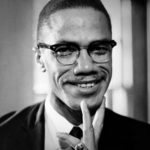
Malcolm X
Malcolm X, born Malcolm Little, also known as El-Hajj Malik El-Shabazz, was a prominent human rights activist. To his admirers he was a courageous advocate for the rights of blacks, a man who indicted white America in the harshest terms for its crimes against black Americans; detractors accused him of preaching racism and violence. He has been called one of the greatest and most influential African Americans in history. In February 1965, shortly after repudiating the Nation of Islam, he was assassinated by three of its members. The Autobiography of Malcolm X, published shortly after his death, is considered one of the most influential nonfiction books of the 20th century.
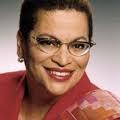
Julianne Malveaux
Julianne Malveaux is an economist and political commentator. Her articles appear in leading newspapers and magazines. She has taught and lectured at major colleges and universities. She is the author of Sex, Lies and Stereotypes, Wall Street, Main Street and the Side Street, and Surviving and Thriving.

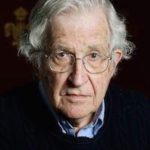
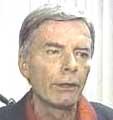
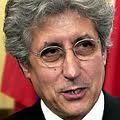
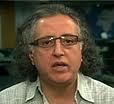
Reviews
There are no reviews yet.